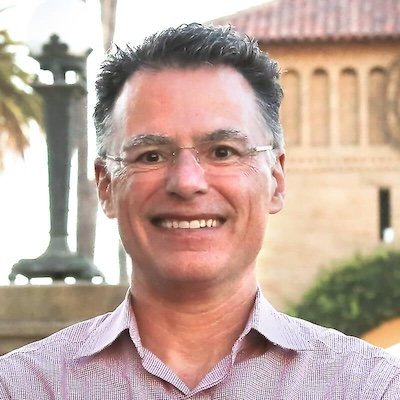Removing barriers to higher education for qualified people everywhere

Africa has the youngest and fastest growing population of young people globally. By 2050, about 40% of all the persons aged 0-19 in the world will be African and by the end of this century, Africa’s working-age population will constitute 24 percent of the global total, up from 14 percent in 2020.1 This is a huge reservoir of innovation and transformation not just for the African continent but for the world.
To fully harness this resource, a critical mass of these young people need higher education with the knowledge, skills and resilience to adapt, thrive and be competitive in an increasingly uncertain but globalizing world. But according the World Bank, higher education institutions in Africa enroll only 9% of college-age youth compared to 42% for the world as a whole.2 So where are young people with dreams of becoming doctors, engineers, or entrepreneurs to go?
More than 50,000 students from 10 countries in Africa and 137,000 around the world have fulfilled their dreams by seizing the opportunity provided by the University of the People (UoPeople), founded in 2009 by Shai Reshef, winner of the 2023 Yidan Prize for education development. UoPeople is an online, accredited, volunteer-staffed institution committed to providing educational opportunity to any qualified student, regardless of “financial, geographic, political and personal constraints.”
One of those students is Innocent Tshilombo, a refugee from the Democratic Republic of Congo. Undeterred by limited opportunities for education in the Kakuma Refugee Camp in Kenya, Innocent built a solar-powered internet kiosk to overcome internet access barriers. This enabled his enrolment at UoPeople and subsequent graduation with a business administration degree. He has since established a non-profit to provide internet access to other refugees. With 20 internet nodes in place and plans for 100, he is empowering more people to study, find jobs, and start businesses online. He plans to pursue an MBA with UoPeople to deepen his impact as a change agent in an era of digital connectivity. Innocent is proving that education has the power to change lives for the better.
In a world where most university education tends to be organized along very traditional lines, UoPeople is breaking the mould. It challenges us to embrace bold solutions.
First and foremost, who qualifies for higher education? Must students pass through secondary school and entrance exams to prove they are capable of university level education? UoPeople has demonstrated that bright students can prove themselves by showing success in a few foundation courses.
Second, how much should a university degree cost? Do payers – be they students, governments, or other sources – need to foot the bill for a physical campus and hefty administration, or could education be provided more cost-effective if delivered online? Should education be rationed only to those who pay tuition? UoPeople has demonstrated that students can acquire higher education skills at a fraction of the cost for standard universities by taking courses and paying only for a formal evaluation.
Third, what does it mean for educators to give back? Can more established universities encourage their qualified professors and administrators to share their courses and talents voluntarily as UoPeople staff do, extending educational opportunity for less-resourced students? Such volunteerism strikes us as a profound statement of institutional and personal values. As Matt Connell, a volunteer instructor says,
“contributing to the mission at UoPeople makes me proud to be a part of a community dedicated to empowering students for successful and fulfilling lives.”
Finally, what does it really mean to unleash potential? Many of UoPeople’s students come from disadvantaged communities. They have experienced life as refugees, undocumented migrants, or people living on the margins in their societies. Higher education enables them to become leaders in their own right; and leaders with diverse life experiences are pure gold when we think about tackling the complex challenges of today’s world.
UoPeople is making it easy to imagine a world where the doors to higher education are opened wider. Where quality higher education is easily accessible and affordable and where students, particularly those from the most disadvantaged backgrounds, can develop their professional skills and become leaders in their communities. It’s a world filled with hope and progress.
[1] Source: Wittgenstein Centre Human Capital Data Explorer, accessed April 8, 2024, https://dataexplorer.wittgensteincentre.org/wcde-v3/
[2] Source: World Bank: School Enrolment Tertiary, Open Data, accessed April 8, 2024, https://data.worldbank.org/indicator/SE.TER.ENRR?locations=ZG-1W, based on data from UIS September 19, 2023

